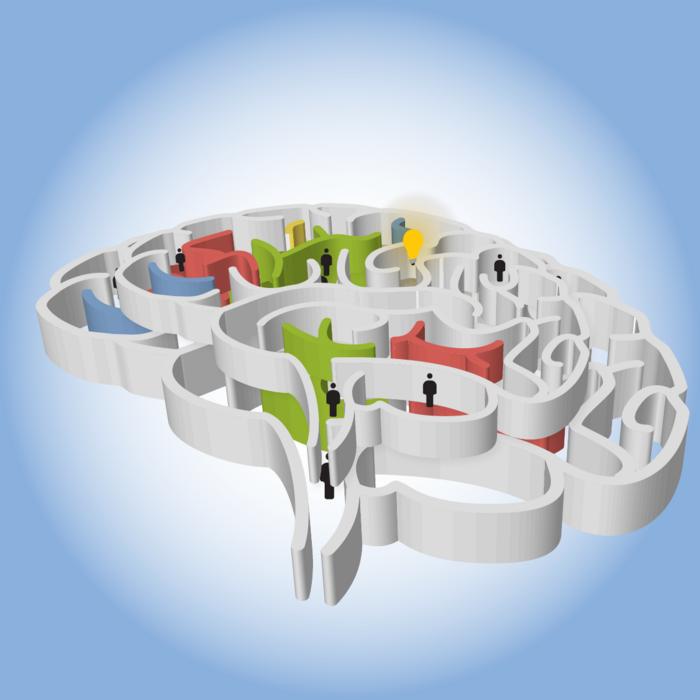With advances in neuroscience and the development of new technologies, new ethical considerations have emerged. This is particularly true for human brain organoids, which are three-dimensional tissues grown from stem cells that partially replicate the characteristics of the human brain. Brain organoids have emerged as important tools for studying brain development and disease, but there are concerns about the possibility of these organoids developing consciousness. This has important implications for research ethics and the need to obtain informed consent from cell donors.

Credit: ASHBi/Kyoto University
With advances in neuroscience and the development of new technologies, new ethical considerations have emerged. This is particularly true for human brain organoids, which are three-dimensional tissues grown from stem cells that partially replicate the characteristics of the human brain. Brain organoids have emerged as important tools for studying brain development and disease, but there are concerns about the possibility of these organoids developing consciousness. This has important implications for research ethics and the need to obtain informed consent from cell donors.
To address these questions, an international team of researchers has sought to shed light on the intricate ethical landscape of brain organoid research, offering insights that will be important for researchers, ethicists, and policymakers alike. Through a comprehensive literature review and ethical analysis, they examined how the potential for consciousness in brain organoids complicates the process of obtaining informed consent from cell donors. Their study revealed uncertainties in two key aspects: the scientific understanding of consciousness in brain organoids and the moral implications of brain organoid consciousness. These uncertainties pose significant challenges for respecting donor autonomy and determining the scope of consent in human brain organoid research.
To clear these uncertainties, the researchers proposed three tentative methods for obtaining consent from donors. First, to address donor concerns and uncertainties, they advocated for project-specific consent procedures by explicitly informing cell donors that their cells will be used in brain organoid research. Second, they emphasized the importance of incorporating the abovementioned uncertainties into consent procedures by providing donors with comprehensive information about the potential for brain organoid consciousness and measures implemented to address this. Finally, they proposed the development of a risk framework for brain organoid research to guide ethical considerations and minimize potential harm.
The researchers note that some scientists may believe that such concerns are unwarranted, at least at the current stage. However, they argue that if the goal of human brain organoid research is to contribute to the advancement of science and medicine, and ultimately society as a whole, it is important to conduct research that earns public trust.
Says Dr. Sawai “Ignoring these aspects may lead to short-term success, but it’s unlikely to be sustainable in the long term. Our findings can be considered foundational research that solidifies the ethical groundwork essential for the progression of scientific and medical research.”
The findings of this study have far-reaching implications for the fields of neuroscience and research ethics, especially in terms of how future studies obtain informed consent from cell donors. As brain organoid research progresses, it is imperative to navigate these ethical complexities, particularly those regarding potential consciousness, with diligence and foresight. By tailoring informed consent procedures and prioritizing ethical oversight, scientists can uphold the principles of autonomy while advancing our understanding of the brain. This study serves as a call to action for researchers, ethicists, and policymakers to engage in thoughtful discourse and decision-making regarding brain organoid research. By confronting these ethical challenges head-on, scientists can ensure that the quest to understand the brain is guided by ethical principles.
Writing: ThinkSCIENCE, Inc. (Tokyo, Japan)
Journal
Science and Engineering Ethics
DOI
10.1007/s11948-024-00471-7
Method of Research
Literature review
Subject of Research
People
Article Title
The Donation of Human Biological Material for Brain Organoid Research: The Problems of Consciousness and Consent.
Article Publication Date
5-Feb-2024




